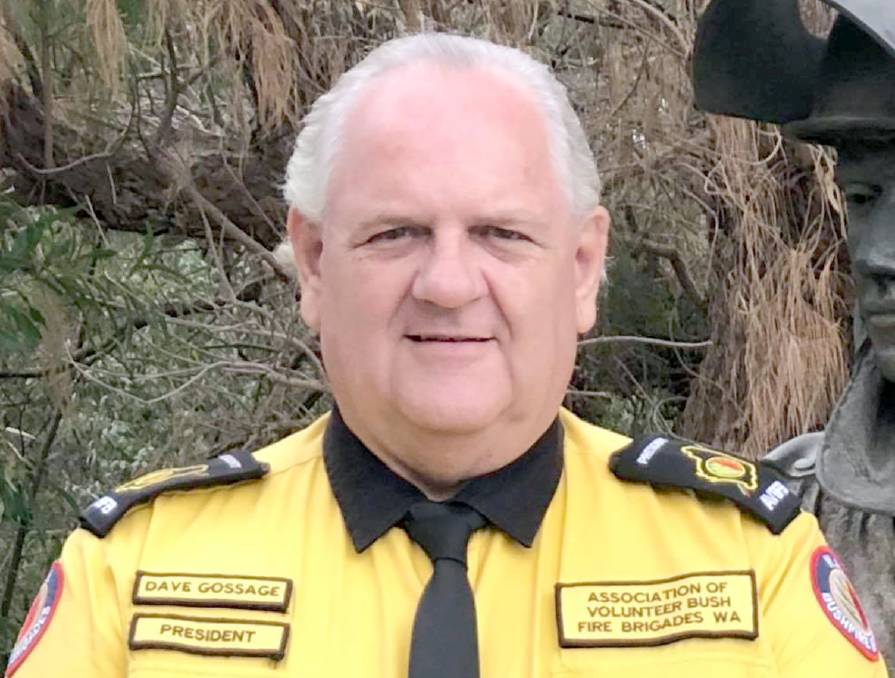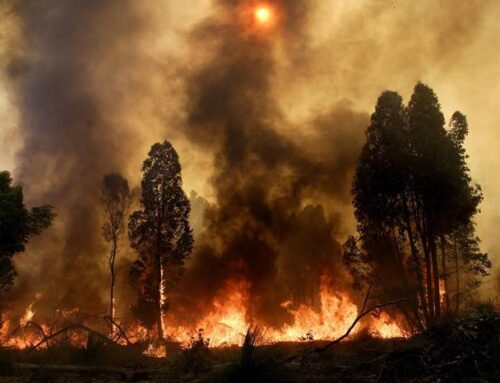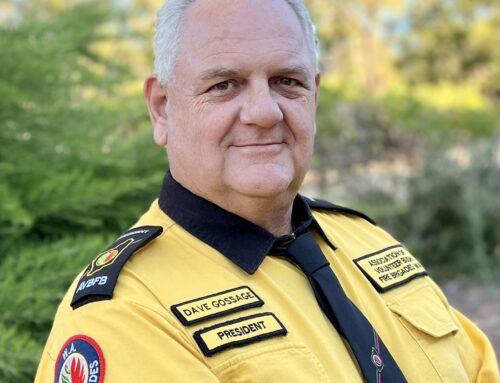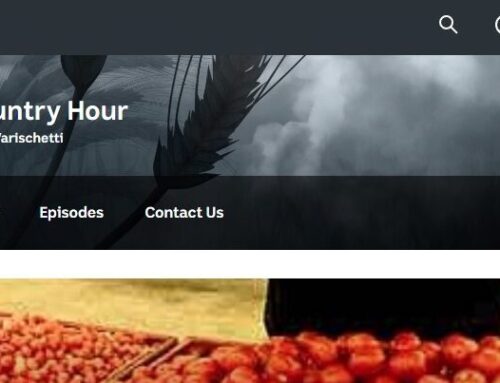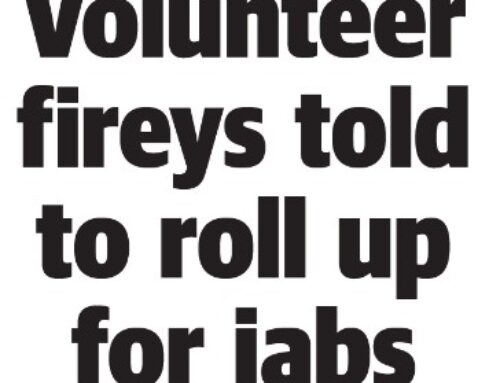AS president of the peak body for Western Australia’s Volunteer Bush Fire Service, the past six months have been especially challenging.
The images of unstoppable walls of fire that dominated the daily news over the New Year period generated an unprecedented level of interest in the work that Australia’s estimated 250,000 fire volunteers do.
While most of that interest was very welcome support for our amazing volunteers, the huge amount of damage left behind has also (understandably) brought a lot of political attention.
In our 29th year as the registered peak body for the 20,000 volunteers of WA’s 560-plus bush fire brigades, we know most of our members wish there was no connection between their volunteering and politics.
Personally, I agree, but the fact is, whenever lives are at stake and big buckets of money are involved, things get political in a hurry, whether we like it or not.
That leaves us with one question:
“Do we, as volunteers, stay out of the politics and let others make decisions that impact on us or do we roll up our sleeves, get involved and try to inform those making the decisions so there’s at least some hope of better outcomes?”
The answer is a bit uncomfortable, but very clear – we must get involved.
In the same way, we volunteer because we refuse to become helpless victims of fire and other natural hazards, it is not acceptable to ignore the threats that come as a result of ill-informed and sometimes sadly, mis-informed, government decisions.
As the association that represents WA’s largest emergency service, Bushfire Volunteers has always tried to work with governments of all types to make sure their decisions are fully informed.
I’m very proud that after a huge internal transformation, we are in a better position than ever to ensure the voices of our members are heard and most importantly, respected, by those that hold the purse strings.
But less than two months from the Bushfire Royal Commission reporting to the Commonwealth government and only nine months before the WA State election, there are already clear and present challenges ahead.
One of the central themes is about where to draw the line on government involvement in community-based emergency services.
The association has long advocated that local decision-making leads to better outcomes for communities.
While some take the view that it must be an all-or-nothing approach, we also accept that in some situations, the State and/or Federal governments should take over.
For example, our submission to the Royal Commission advocated for the Commonwealth to get more involved in a couple of key areas of Australia’s planning for, management of and recovery from natural disasters.
One change we asked for is a Federal government-funded, truly independent and transparent incident review process.
It’s a no-brainer to us that we can’t learn from mistakes unless we acknowledge them.
It’s also obvious that human nature makes it very hard for any of us to publicly acknowledge our own failures.
Since almost all reviews of major emergency incidents are at the discretion of and undertaken by the State department most likely to have lessons to learn, the community is unlikely to get the maximum amount of transparency and most importantly, opportunities for knowledge sharing and continuous improvement, unless reviews are undertaken by a completely independent, national body.
This is clearly an example where greater government involvement will deliver better outcomes.
However, government involvement crosses the line and becomes unhelpful control.
This was recently demonstrated by a DFES decision to add a directive to its code of conduct that volunteers must not talk to politicians.
While this is common in codes of conduct for paid staff, banning volunteers from talking to MPs and the media creates a damaging perception that there is something to hide.
Besides, this kind of top-down, “big stick” approach to volunteers is never going to work.
For us, the bigger issue is that four years after the inquiry into the Waroona/Yarloop fires recommended a separate Rural Fire Service because one department can’t manage two distinctly different cultures, DFES still believes it is OK to issue directions to gag volunteers without even consulting them.
Bushfire Volunteers is extremely proud of what we have achieved from our long-term advocacy for a more flexible and respectful approach to the involvement of government in our volunteer services.
It’s not an easy balance to strike, but we obviously need to keep reminding government of where to draw the line in order to deliver the most efficient service to our community without disempowering or damaging local self-determination.
https://www.farmweekly.com.au/story/6834524/opinion-balancing-government-support-and-control/
Dave Gossage

